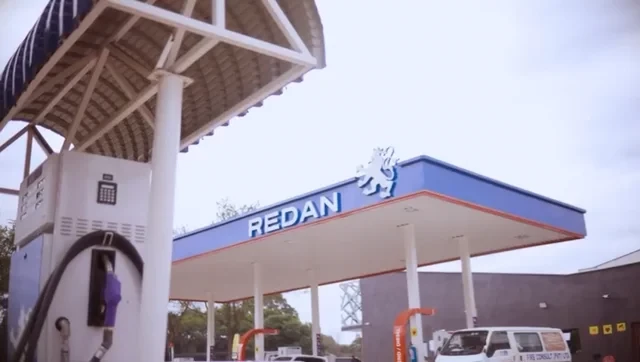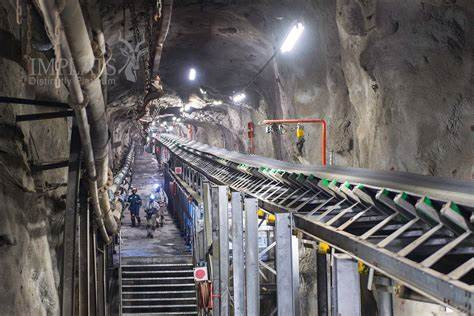
THE Competition and Tariff Commission (CTC) has granted unconditional approval for Matumi Energy (Pvt) Ltd to acquire a 51% stake in Redan Kerosene (Pvt) Ltd, a move set to reshape the country's energy landscape, businessdigest can report.
In July 2023, the Commission received formal notification of Matumi Energy’s proposed acquisition of a majority stake in Redan Kerosine (RK Fuels).
Matumi is a wholly-owned subsidiary of Trans African Oil (TAO), operating through its affiliate, Molecule Energy.
TAO is a major petroleum trader with operations across several African countries, including Botswana, Burundi, the Democratic Republic of Congo, Mozambique, Rwanda, and Zimbabwe.
It supplies petroleum products such as petrol, diesel, and jet fuel to Zimbabwe, with RK Fuels as one of its key customers. RK Fuels is involved in the importation, wholesale, and retail of petroleum products within Zimbabwe.
“The Commission defined the relevant market as the supply of petroleum products; and the importation and distribution of petroleum products in Zimbabwe,” CTC said in its 2024 second quarter report.
“Due to that merging parties are in a supplier-customer relationship, the merger was classified as a vertical. Both parties operate at different levels in the same value chain in the petroleum industry, the acquirer supplies the target with petroleum products.
“The merger was assessed using theories of harm associated with vertical mergers, namely input and customer foreclosure. Input foreclosures arise when upstream players stop supplying downstream rivals, with petroleum products.”
- CTC approves six mergers
- CTC approves six mergers
- Dairibord inks deal after Dendairy flop
- Dairibord inks deal after Dendairy flop
Keep Reading
Alternatively, the report said upstream players could still supply downstream rivals with petroleum products on worse terms than before the merger.
It said all these forms of foreclosure would result in downstream rivals’ costs rising, making them less competitive. Customer foreclosure arises when downstream player purchases petroleum products at worse terms from rival upstream firms.
“Both input and customer foreclosure were dismissed on the notion that the size of the merging parties in both the upstream and downstream markets is insignificant,” it said.
Further, the organisation said the ease of switching suppliers, the structure of the downstream market, and the purchasing patterns of oil marketing companies undermine the merging party’s ability to engage in input and customer foreclosure.
“After analysis, the merger was approved without conditions as the merged entity will not harm competition or create a monopoly situation contrary to public interest,” CTC said.










